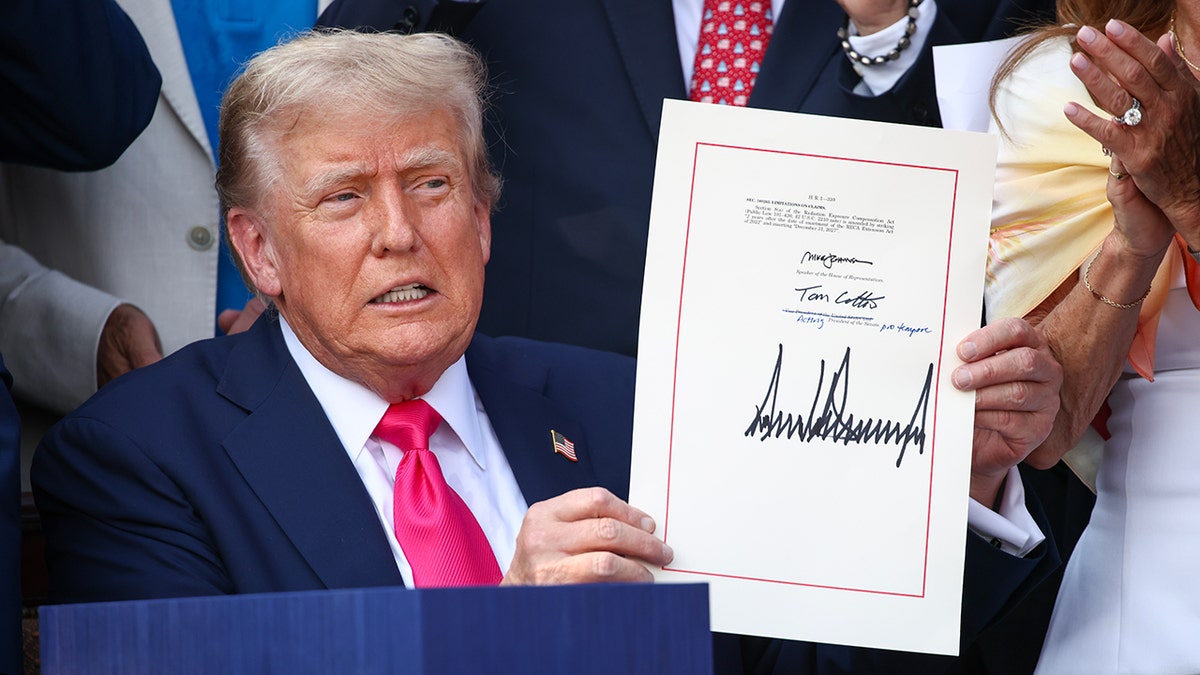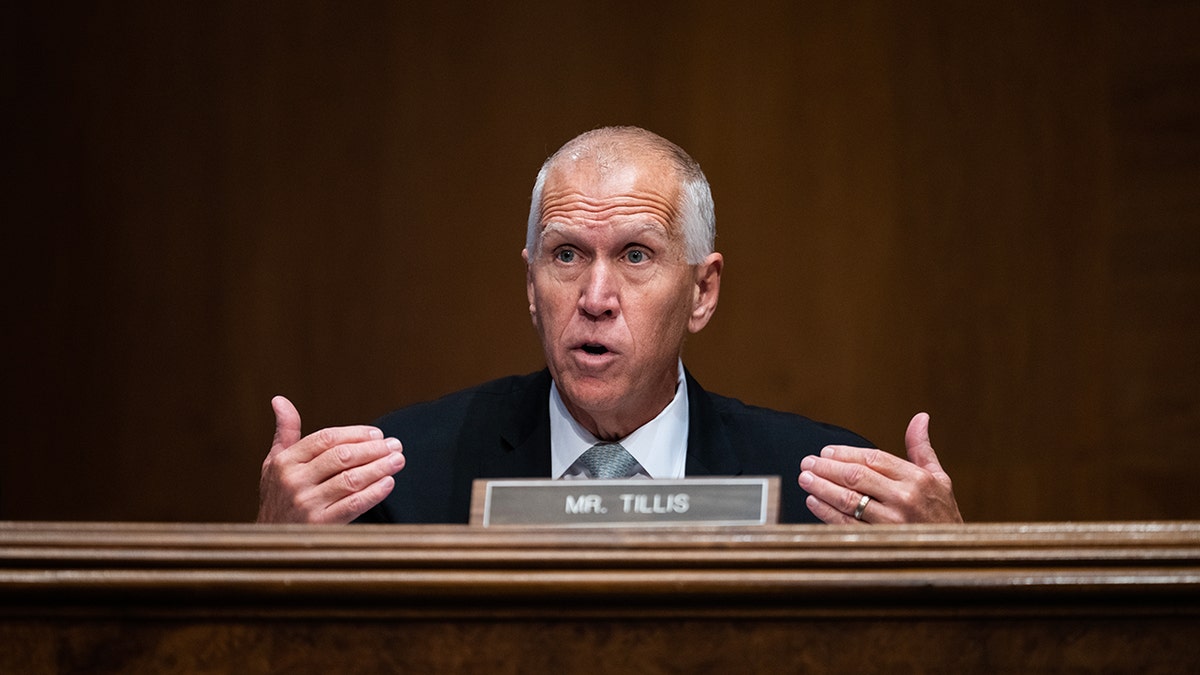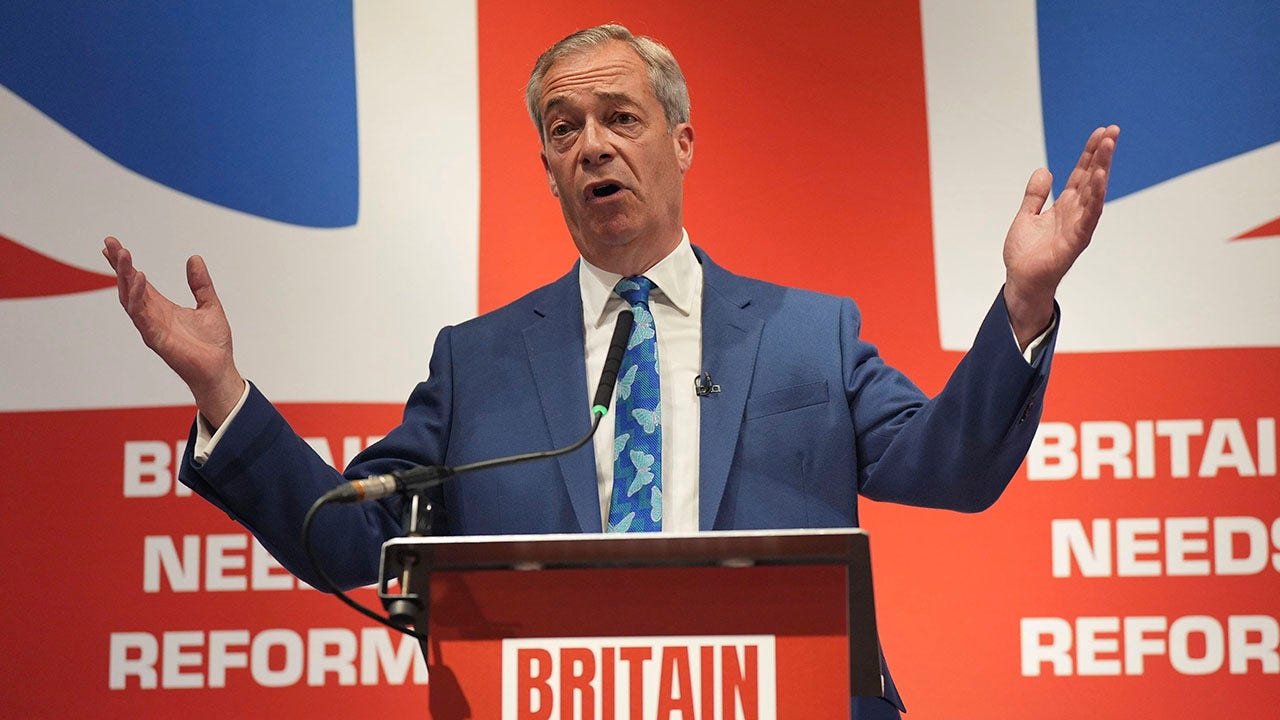INTERNACIONAL
Malaparte, el camaleónico escritor que intentó que ser fascista pareciera genial y después todo lo contrario

En los últimos días de Curzio Malaparte, dos fuerzas dominantes de la Italia de posguerra —la Iglesia Católica y el Partido Comunista— se disputaron su lecho de muerte, intentando conseguir una conversión final. Según Maurizio Serra, ambas facciones afirmaron haberlo logrado. Este episodio, descrito en la biografía Malaparte, ilustra la naturaleza contradictoria y teatral de un personaje que, hasta el final, mantuvo en vilo a quienes lo rodeaban.
A partir de este retrato, Serra advierte contra la visión de la “opera buffa” que trivializa el fascismo italiano como una mera comedia, y se empeña en revelar los hechos detrás de un hombre que se puso al servicio de las tendencias políticas más oscuras del siglo XX.
La noticia central de la obra de Serra es la reconstrucción de la vida de Malaparte —nacido Kurt Erich Suckert en 1898, hijo de padre alemán y madre italiana—, quien adoptó su célebre seudónimo en los años 20, en parte por sugerencia de Benito Mussolini, que deseaba que el escritor “italianizara” su identidad. El nombre, un juego con “Bonaparte” al que se antepone el prefijo “Mal-” (malo), resume la artificiosidad que caracterizó su trayectoria. Serra, exmiembro del servicio exterior italiano y autor de libros sobre figuras como Mussolini, Marinetti y d’Annunzio, sostiene que la vida de Malaparte fue un ejemplo de coherencia estilística, no moral.
El fascismo, según Serra, fue un proyecto más imaginativo que racional, impulsado por élites europeas que se presentaban como populistas en su búsqueda de grandeza. Walter Benjamin definió el fenómeno como “la introducción de la estética en la vida política”, una idea que la biografía de Malaparte confirma.

El escritor encarnó las contradicciones de su generación: fue un intelectual anti-intelectual, un hombre viril que usaba maquillaje y cuidaba su peinado, valiente como soldado y corresponsal de guerra, pero cobarde en política y en su vida personal. Aunque despreciaba a los perdedores, sus propios fracasos y proyectos fallidos lo situaron entre ellos.
En su juventud, Malaparte militó en el Partido Republicano Italiano, de tendencia izquierdista, anticlerical y antimonárquica. Se ofreció como voluntario en la Primera Guerra Mundial antes de que Italia entrara en combate y en 1918 luchó en los bosques de Bligny contra el avance alemán, enfrentándose a figuras como el filósofo Ernst Jünger, quien compartía su visión estetizada de la guerra.
Tras la contienda, frecuentó círculos bohemios en Roma, redactó un manifiesto de vanguardia y cultivó la imagen de artista atormentado. Un libro crítico con el alto mando militar le valió notoriedad y lo acercó a los descontentos políticos, aunque pronto abandonó la izquierda para abrazar el nacionalismo.
Durante los años 20, Malaparte se alineó con el ala más radical del fascismo, el “sindicalismo nacional”, que proponía una revolución liderada por la clase obrera nacionalizada contra una élite decadente. Celebró la violencia callejera en sus escritos, aunque no participó en la Marcha sobre Roma de 1922, hecho que luego ocultó y utilizó en su beneficio tras la caída del régimen.

A medida que el gobierno de Mussolini buscaba alianzas con sectores conservadores, Malaparte se distanció de los ultras fascistas con la esperanza de avanzar en una carrera diplomática. Al no lograr sus objetivos, adoptó una actitud burlona hacia la dirigencia fascista, lo que le costó el confinamiento en la isla de Lipari. Más tarde, utilizó este episodio para presentarse como antifascista, pero Serra aclara que, tras su liberación anticipada por clemencia de Mussolini, Malaparte volvió a codearse con la alta sociedad fascista, incluyendo al ministro de Asuntos Exteriores Galeazzo Ciano y su esposa Edda, hija de Mussolini.
La relación de Malaparte con el fascismo fue ambivalente. No figuró entre los ideólogos principales, como Giuseppe Bottai, pero su fama literaria durante el periodo de entreguerras mostró el lado seductor del movimiento y le permitió mantener una relación tensa con Mussolini hasta los años 30.
Serra sostiene que el fascismo no fue solo un culto colectivo al líder, sino también una empresa individual: una adoración narcisista del yo y una oportunidad para jóvenes ambiciosos de provincias insatisfechos con su lugar en la sociedad liberal.
Sus aparentes transformaciones políticas respondieron al oportunismo o al capricho, y aunque abandonó el Partido Fascista cuando fue necesario, “de principio a fin, se encuentra en él una veta fascista que nunca desmintió bajo ningún régimen, en particular un gusto por la fuerza, la única ideología real de un hombre que despreciaba todas las ideologías”, según Serra.

El desprecio de Malaparte por los perdedores fue el hilo conductor de su vida y explica la facilidad con la que abandonó a Mussolini tras su caída para unirse al Reino del Sur, alineado con los Aliados. Su talento literario lo salvó tantas veces como lo metió en problemas. Sobrevivió a las purgas antifascistas del posguerra gracias a la intervención de su amigo, el jefe comunista Palmiro Togliatti, que esperaba aprovechar sus dotes para el partido.
En 1931, Malaparte publicó “Technique du Coup d’État”, donde retrató a Adolf Hitler como un cobarde y un débil, consolidando su imagen de anti-nazi. No obstante, su oposición al nazismo no le impidió que el Tercer Reich le permitiera cubrir el frente oriental y acceder a altos cargos nazis para el periódico italiano Corriere della Sera.
Sus crónicas periodísticas sirvieron de base para Kaputt (1944), una novela que ofrece un testimonio de primera mano sobre la guerra y que figura entre las primeras obras en abordar con seriedad la catástrofe europea. Para entonces, Malaparte ya había cambiado de bando, aunque no sin resentimiento: cinco años después, en La piel (1949), trató la ocupación aliada de Italia con ironía corrosiva.

La obra de Malaparte ha trascendido los márgenes de la extrema derecha. Entre los admiradores de “Kaputt” y “La piel” se cuentan Milan Kundera, Edmund White y Gary Indiana. El Premio Malaparte, que lleva su nombre, ha sido recibido por novelistas como Rachel Cusk y Karl Ove Knausgaard.
El sociólogo Michael Mann definió el fascismo como “un movimiento de la pequeña intelectualidad”, pero Malaparte fue un talento de primer orden tanto en el periodismo como en la ficción, aunque nunca logró canalizar su energía creativa de forma constructiva.
Serra analiza con precisión los vaivenes políticos de Malaparte y su habilidad para alternar la adulación y la sátira. El resultado es el retrato de un camaleón social que falseó su vida, un personaje que hoy resulta reconocible en quienes persiguen el poder y la fama sin atender a principios ni prudencia.
1950,1950s,20th-century,art,author,commentary,contributions,cultural,culture,curzio malaparte,documentation,europe,european,figure,figures,heritage,historical,history,influence,intellectual,intellectuals,italian,italy,italys,legacy,literary,literature,mid-century,photograph,political,portrait,post-war,role,social change,thought,tradition,war,works,world war ii,writer,writers
INTERNACIONAL
Otra mala noticia para Pedro Sánchez: el fiscal general del Estado al borde de ir a juicio por revelar secretos

Una mala noticia para Pedro Sánchez
La situación del novio de Díaz Ayuso
INTERNACIONAL
Vance warns of ‘penalty’ for Dems who opposed the ‘big, beautiful, bill’ ahead of 2026 midterms

JD Vance breaks Senate tie on $9 BILLION in Trump cuts
Fox News senior congressional correspondent Chad Pergram reports on Vice President JD Vance breaking a Senate tie on President Donald Trump’s ‘clawback’ bill as the Senate is expected to vote on the package again.
NEWYou can now listen to Fox News articles!
Vice President JD Vance said that anyone who opposed President Donald Trump’s «one big, beautiful bill» should face consequences ahead of the 2026 midterm elections.
The measure includes key provisions that would permanently establish individual and business tax breaks included in Trump’s 2017 Tax Cuts and Jobs Act, and incorporates new tax deductions to cut duties on tips and overtime pay.
All Democrats, along with five Republicans in both the House and the Senate, voted against the massive tax and domestic policy bill. However, Trump signed it into law on July 4.
«Anybody who voted against it, I think they ought to pay a penalty,» Vance said Monday in Canton, Ohio. «Because they voted against all those great things for the people of Akron and the people of Northeastern Ohio.»
TRUMP SIGNS ‘BIG, BEAUTIFUL’ BILL IN SWEEPING VICTORY FOR SECOND TERM AGENDA, OVERCOMING DEMS AND GOP REBELS
Vice President JD Vance speaks at the Metallus plant in Canton, Ohio, on Monday, July 28, 2025. (Maddie McGarvey/The New York Times via AP, Pool)
«The craziest thing is if you’re a Democrat and you don’t like this legislation, then come and talk to us,» Vance said. «Make some proposed changes. Tell us ‘You know, this provision isn’t so good. We’d like to change it a little bit, and if we change it, then I can get to yes.’ This is the process of government. And these guys didn’t even come to the White House and try to make their concerns known. They didn’t try to make the legislation better. They just attack, attack, attack.»
Vance then said he believed Democrats don’t care about grocery prices, whether employees receive a raise or not, or if Americans are even employed in the first place.
«Their obsession in government is letting illegal aliens into this country, and attacking Donald J. Trump,» Vance said. «I don’t think the American people should reward that broken style of politics, and I don’t think they’re going to come November 2026.»
Vance’s remarks come as he champions the «big, beautiful bill,» with Republicans looking to defend their slim House majority — and potentially pick up a few seats — in the high-stakes 2026 midterm elections.
JD VANCE POISED TO CLINCH VICTORY FOR TRUMP’S LANDMARK BILL AS GOP FINALIZES STRATEGY

Vice President JD Vance tours the Metallus plant in Canton, Ohio, on Monday, July 28, 2025. (Maddie McGarvey/The New York Times via AP, Pool)
Vance visited Pennsylvania’s 8th District on July 16, when he praised the measure and offered support for the district’s Republican representative, Rep. Rob Bresnahan, who was elected in 2024 and is in a vulnerable seat.
Vance is also slated to speak at fundraisers for the Republican National Committee on Tuesday in Jackson Hole, Wyoming, and Big Sky, Montana, Axios first reported.
Among those who voted against the «big, beautiful bill» in Ohio was Rep. Emilia Sykes, who represents Canton, where Vance spoke on Monday. Sykes is in a vulnerable district as well and barely secured a victory over her opponent in the 2024 election by 2.2 percentage points, according to The New York Times.
A spokesperson for Vance doubled down on the vice president’s remarks on Monday and pointed to a new Wall Street Journal poll released on Friday that found that 63% of voters hold a negative view towards Democrats, and only 33% hold a favorable one – a new low since 1990.
TAX CUTS, WORK REQUIREMENTS AND ASYLUM FEES: HERE’S WHAT’S INSIDE THE SENATE’S VERSION OF TRUMP’S BILL

Elon Musk’s «America Party» announcement comes on the heels of President Donald Trump signing the One, Big Beautiful Bill Act at the White House on the Fourth of July. (Samuel Corum/Getty Images)
«The Democrats just hit their lowest approval rating in 35 years, and all they can do is distract voters from the enormous wins the Trump administration is racking up,» a Vance spokesperson said in a statement to Fox News Digital. «Voters are sick of Democrat politicians constantly blowing hot air. Meanwhile, the vice president is visiting contested House districts around the country selling the substantive provisions in the president’s landmark One Big Beautiful Bill.»
A Fox News poll released this month revealed that a majority of voters oppose the «big, beautiful bill.» The poll, which was conducted between July 18 and 21, found that 58% of all registered voters oppose the measure, while 39% approve of it.
FOX NEWS POLL: TRUMP FACING HEADWINDS AT SIX-MONTH MARK

Sen. Thom Tillis, R-N.C., questions Federal Reserve Chairman Jerome Powell during the Senate Banking, Housing and Urban Affairs Committee hearing titled «The Semiannual Monetary Policy Report to the Congress,» in the Dirksen Building on Wednesday, June 25, 2025. (Tom Williams/CQ-Roll Call, Inc via Getty Images)
No Democrats got on board backing the «big, beautiful bill,» joined by Republican Sens. Susan Collins of Maine, Thom Tillis of North Carolina, and Rand Paul of Kentucky and Republican Reps. Thomas Massie of Kentucky and Brian Fitzpatrick of Pennsylvania.
CLICK HERE TO GET THE FOX NEWS APP
House Minority Leader Hakeem Jeffries, D-N.Y., labeled the bill «cruel» during floor remarks that lasted hours on July 3, pointing to Medicaid and SNAP reforms that reports suggest would remove millions of beneficiaries from the programs.
«What is contemplated in this one big, ugly bill is wrong. It’s dangerous, and it’s cruel, and cruelty should not be either the objective or the outcome of legislation that we consider here in the United States House of Representatives,» Jeffries said.
INTERNACIONAL
Farage torches UK minister over ‘disgusting’ predator jab in free speech clash

NEWYou can now listen to Fox News articles!
Leader of right-wing Reform UK Nigel Farage demanded an apology on Tuesday after the head of U.K. Prime Minister Keir Starmer’s tech branch accused the conservative Member of Parliament (MP) of «siding» with sexual predators amid clashes over a new online safety law.
In remarks from Reform UK’s headquarters, Farage said accusations levied at him earlier in the day by Technology Secretary Peter Kyle were «disgusting» and «below the belt,» and he called on the labor secretary to retract his comments.
Farage’s demands came after Kyle said the right-wing party’s insistence that they will repeal the law if they gain a majority and sweep No 10 in the next general election, was akin to «turning the clock back to the time when strange adults…[could] get in touch via messaging apps with children.»
BRACE FOR A ‘POLITICAL REVOLUTION’ IN EUROPE, UK’S NIGEL FARAGE SAYS AFTER VANCE’S SPEECH IN MUNICH
Nigel Farage said Monday that immigration is the «major issue of our times.» (Henry Nicholls/AFP via Getty Images)
«We have people out there who are extreme pornographers, peddling hate, peddling violence. Nigel Farage is on their side,» Kyle claimed in a Sky News interview earlier on Tuesday.
«Make no mistake about it, if people like Jimmy Savile were alive today, he’ll be perpetrating his crimes online,» Kyle added, in reference to a British media personality who was found to have preyed on «hundreds» of victims and sexually abused children.
«And Nigel Farage is saying that he’s on their side.»
Farage questioned «Just how low can the Labor government sink» amid their flagging poll numbers.
Kyle took to social media to refuse to back off his statements and said, «If you want to overturn the Online Safety Act you are on the side of predators. It is as simple as that.»
The clash over the internet-based laws, which Farage has described as «borderline dystopian,» is just the latest spat unfolding in the U.K. over freedom of speech concerns — a fight that has been ongoing for decades after a 2003 law made it illegal to intentionally «cause annoyance, inconvenience or needless anxiety to another» with online posts, reported The Times.
The report found that nearly 3,400 people were arrested for violating the law in 2016, and criminalizing online posts remains a point of concern for many in the U.K.

British Prime Minister Keir Starmer backs the Online Safety Act despite pushback. (Ian Vogler, Pool Photo via AP)
One such example is the case of Lee Joseph Dunn, who posted three images and comments on his Facebook page in July 2024 which were deemed to be «grossly offensive» and which «risked worsening community tensions.»
The images reportedly depicted Asian men with knives, and Dunn’s comments apparently suggested they could illegally immigrate to the U.K. and move into British communities.
Dunn, who took down the posts and apologized, was sentenced to eight weeks for the posts.
In response to the sentence, Deputy Chief Crown Prosecutor for CPS North West Janet Potter said, «This conviction should be a stark reminder to so-called keyboard warriors: online actions have consequences.»
UK MAN ARRESTED FOR PRAYING OUTSIDE ABORTION CLINIC PRAISES VP VANCE FOR BRINGING ATTENTION TO CASE

Adam Smith-Connor was required to pay $12,000 for praying in the buffer zone of an abortion clinic in 2022. (Alliance Defending Freedom UK)
Concerns over non-internet-based freedom of speech restrictions have also arisen in recent years, as in the 2022 case involving Adam Smith-Connor, who was arrested for quietly praying for his aborted son within a buffer zone of an abortion clinic and forced to pay roughly $12,000 in fines.
Divisions over the Online Safety Act have escalated in recent months after the law, which was first introduced in 2023, put the legal onus on social media companies and online platforms to protect users, particularly children, from criminal and harmful material through algorithm-based policies and age restrictions in March.
However, some have argued the law oversteps and now risks violating freedom of speech by forcing social media companies to «censor» anti-government content.
When President Donald Trump was asked on Monday while sitting next to Starmer whether he was concerned about his own social media platform, Truth Social, Trump jokingly responded, «I only say good things about him and his country.»
Starmer replied to the question and said, «We’re not censoring anyone.»

British Prime Minister Keir Starmer, left, and President Donald Trump look on during a bilateral meeting at the Trump Turnberry golf course in Turnberry, Scotland, on Monday, July 28, 2025. (Tolga Akmen/EPA/Bloomberg via Getty Images)
CLICK HERE TO GET THE FOX NEWS APP
Failure to comply with the new legal rules could mean any platform or social media company is hit with a fine of up to 10% of a firm’s global turnover or nearly $24 million, whichever is greater.
The U.K.-based fight was renewed this month after new restrictions under the law came into effect that require online platforms to take action to prevent children from accessing content relating to self-harm, dangerous pranks or challenges, suicide, eating disorders, pornography, and violent or bullying-related content.





































